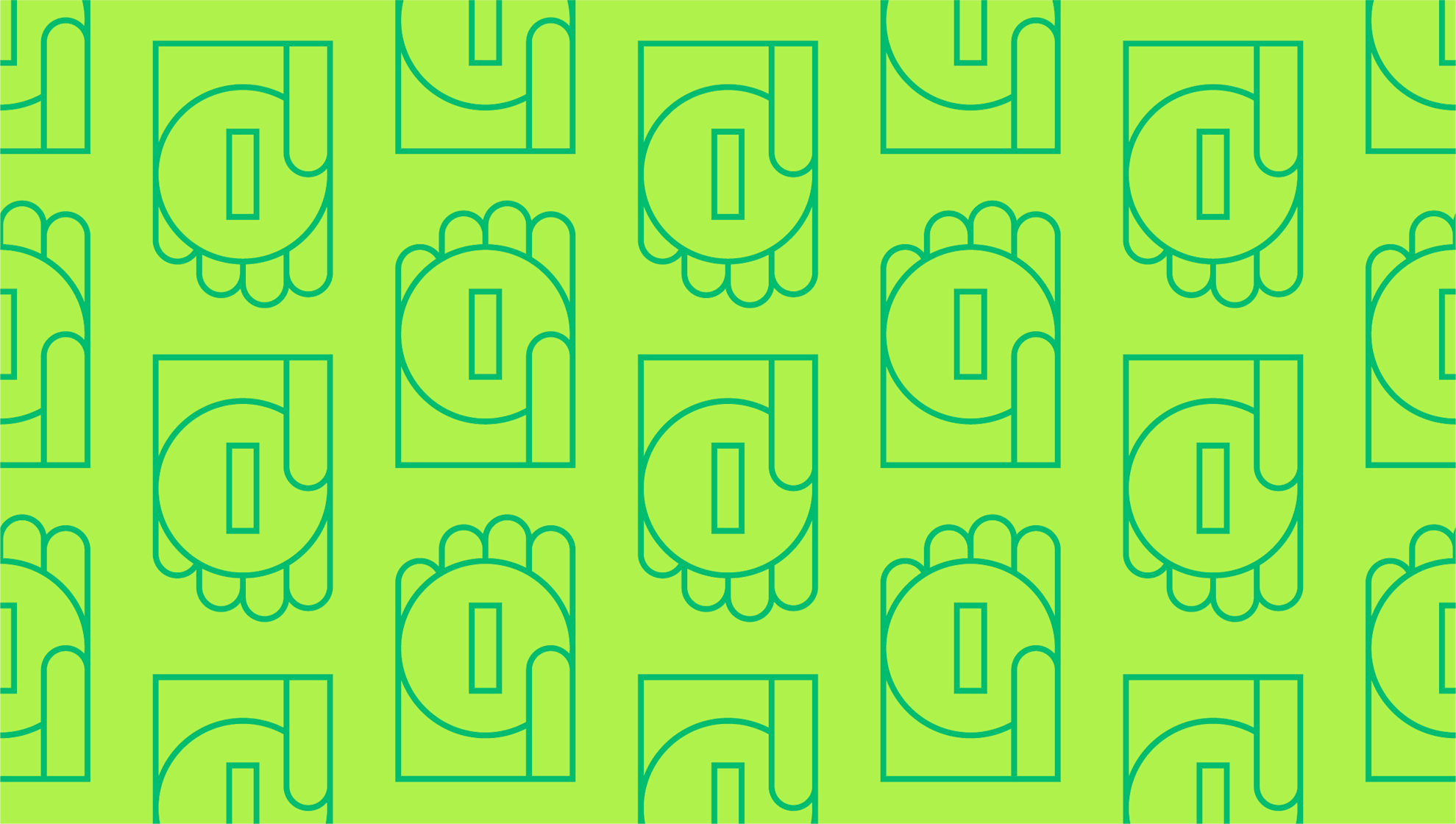Last editedMar 20213 min read
Nothing is more frustrating than having a card declined, and if your business, like 9 million Brits, are increasingly reliant on borrowing in these tough times, unblocking your card becomes top priority.
Why has my credit card been blocked?
A credit card can be blocked for several reasons and you shouldn’t immediately panic if your card is declined. In many cases, it is simply to protect your business from credit card fraud. You may find your credit card is blocked for this purpose when you:
Order something from a new website for the first time
Order something via an app for the first time
Buy something in a different location to your home area (especially if it’s multiple areas within a 24-hour period)
Purchase an unusually expensive item
If you’re abroad and using your credit cards, UK banks may also automatically block your payment as it is being used in a different country. You can try and avoid this by calling the bank and letting them know you are travelling abroad. Often, banks will text you to let you know the card has been used, giving you the option to approve the purchase or mark it as fraudulent.
Can I stop a payment on my credit card?
Yes, if you think a purchase has been made fraudulently using your card, you can block the payment. You can also use a chargeback to get your money back if you believe you have been fraudulently sold something, which makes credit cards a more secure way to pay for items compared to a debit card.
To block a fake payment, simply call your bank or credit card company. Fraud is taken very seriously so it should not take long for this sinister activity to be logged and blocked. If payment has already left your account, you will be told what you need to do in order to be reimbursed.
Credit card limits and blocks
Other reasons your card has been blocked may have to do with your personal payment history with the credit card company or the bank, such as:
Reaching your credit limit
Reaching your daily limit
Reaching a single purchase limit
Being late in payment of your credit card bill
You may be able to negotiate limits with your credit card company or bank, especially if it’s a one-off. For example, if you are placing an order for equipment costing £2,000 but your credit limit is £1,000, you may be able to raise your credit card limit to cover this cost if you have a good record of repayments.
If you have fallen behind on your credit card payment, then your credit card supplier may cut off your card as they are not prepared to lend you any more money. You will also have late payment interest building against your account. The best way to prevent this is to pay your debt by Direct Debit each month and to always pay this off in full.
Voluntarily block your card
If you have lost your card, then you can choose to block it. This will prevent the credit card being used to purchase items, being added to digital wallets, or making withdrawals. If you have a joint account and find your credit card is blocked, check with the other account holder to see if they have frozen the account due to a missing card.
It’s important to note that blocking your credit card may not prevent credit card subscription services from taking payment. So, if you think someone has gained access to your accounts for these services, you would be best to try changing other account details like your password and associated email.
How do I unblock my card?
Depending on the reason for the block, you can unblock your credit card by calling the bank or credit card company and discussing the issue. You may need to go through extra steps such as:
Answering security questions to confirm your ID
Negotiating your credit limit
Discussing a payment plan if you are in debt
If you cannot repay the debt, you will need to take a good look at your money habits. To get on top of your debt, you should look first at the account with the highest interest rate, as this will incur the highest fees. You may be able to transfer your debt to a new card with less interest, the best credit cards for these will be advertised with a 0% balance transfer, though you will still be subject to a credit score, so you may not always be accepted.
What to look out for during a credit card comparison
If you decide the only way to get on top of your debt is to change credit card supplier, then you should run a credit card comparison to find the best credit cards for your circumstances. Key things to look out for include:
Low interest
0% balance transfer
Suitability for bad credit scores
Availability to people with a history of bankruptcy (if applicable)
Availability to people with a history of County Court Judgements
In many cases, the best credit cards for people with bad credit have relatively high interest, though in exchange, they are open to applicants with a history of debt. You should be sure to shop around as the credit cards UK banks and companies offer can vary widely in their interest rates.
We can help
GoCardless helps you automate payment collection, cutting down on the amount of admin your team needs to deal with when chasing invoices. Find out how GoCardless can help you with ad hoc payments or recurring payments.


